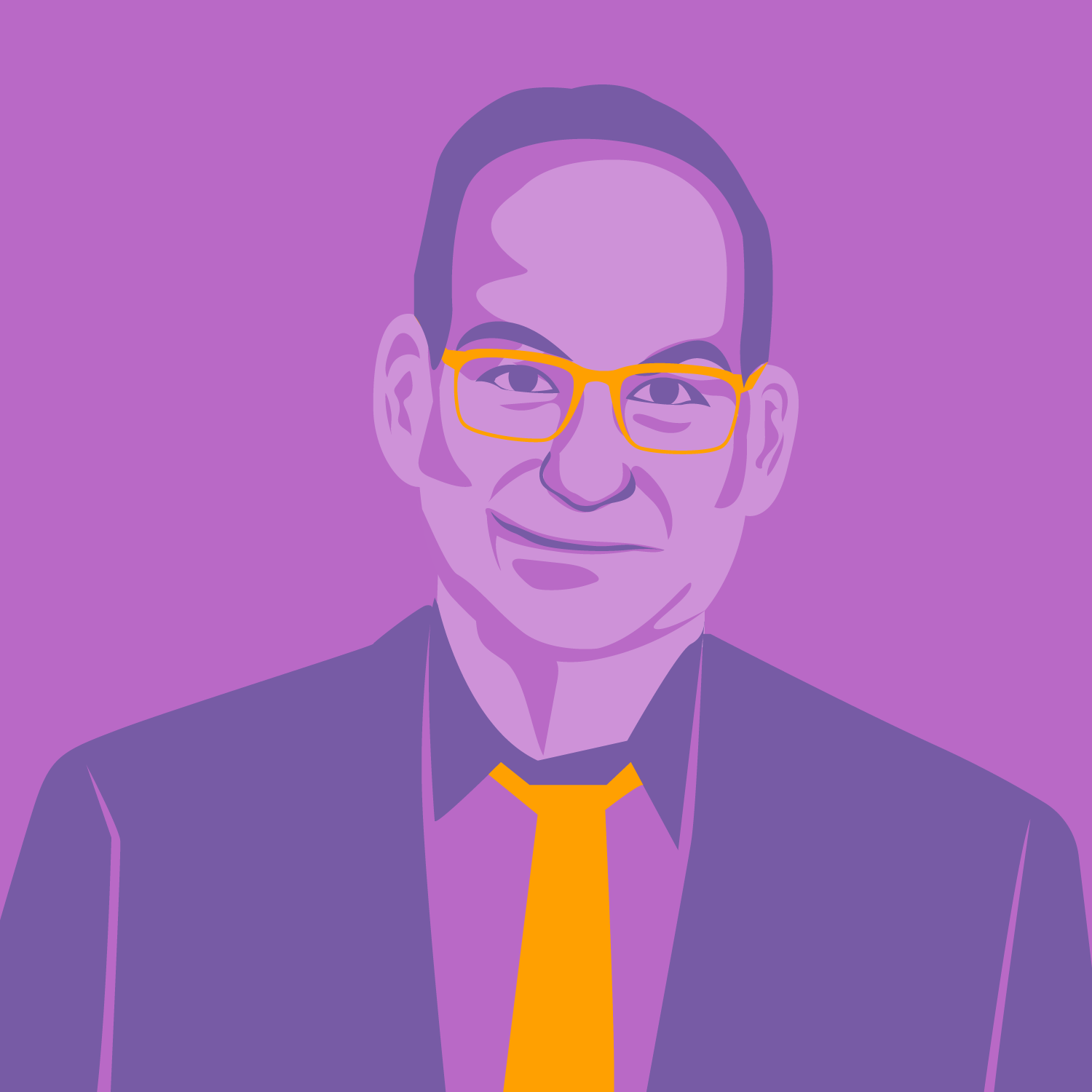- Video
What Is the Difference Between Originalism and Living Constitutionalism?
Professor Randy Barnett explains how different constitutional law scholars, and judges, can arrive at vastly different interpretations. Those who adhere to “living constitutionalism” decide on a correct result and then use the text and precedent to support their initial assumption. Originalists analyze the text and evidence first, then conclude what result logically follows. https://youtube.com/watch?v=RQZnGt7brZ4







